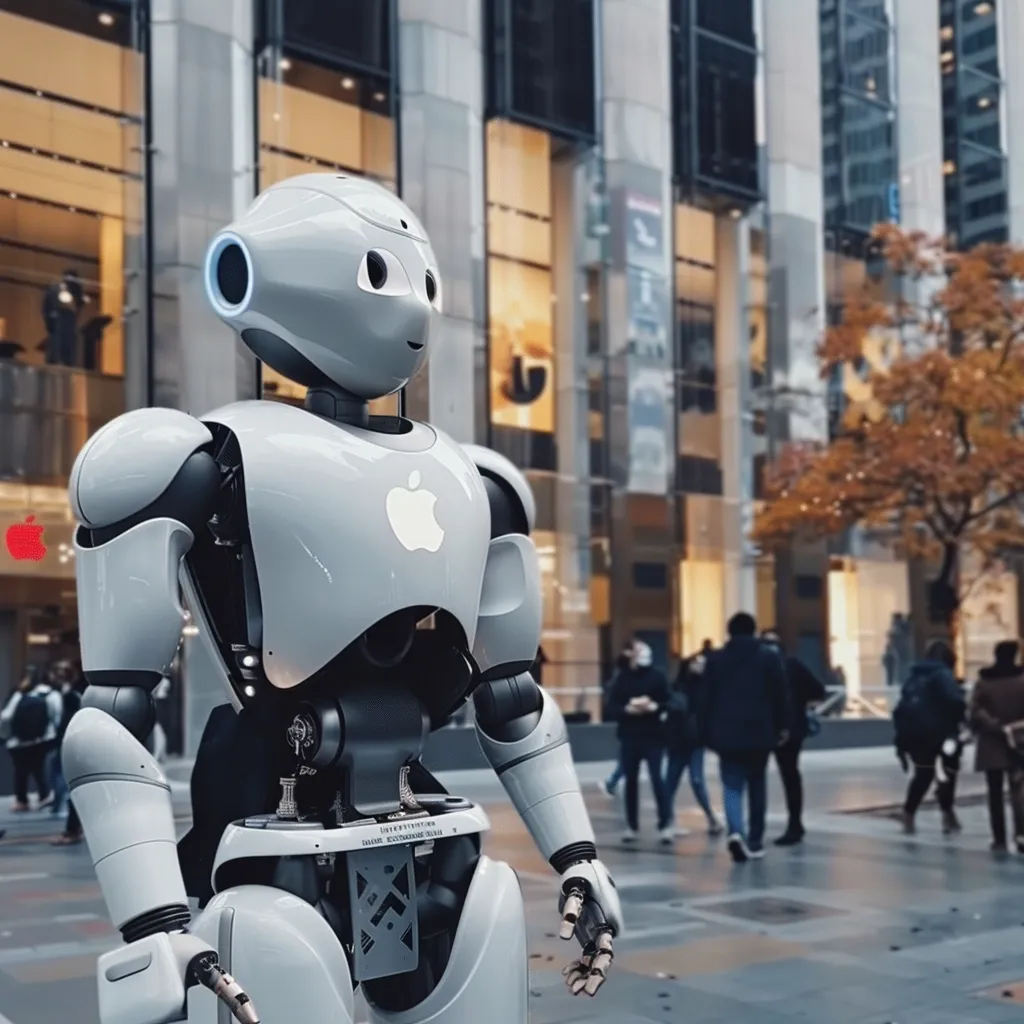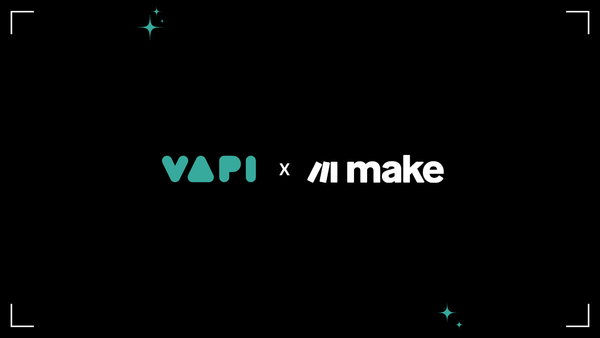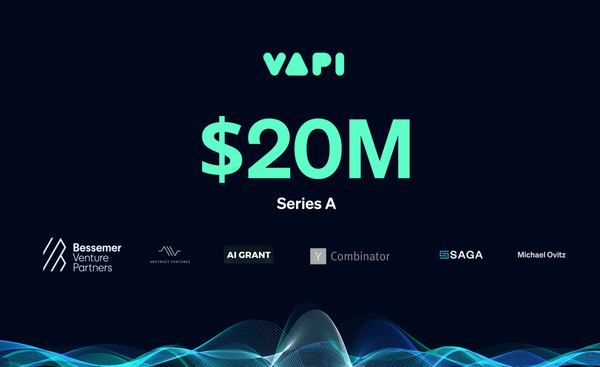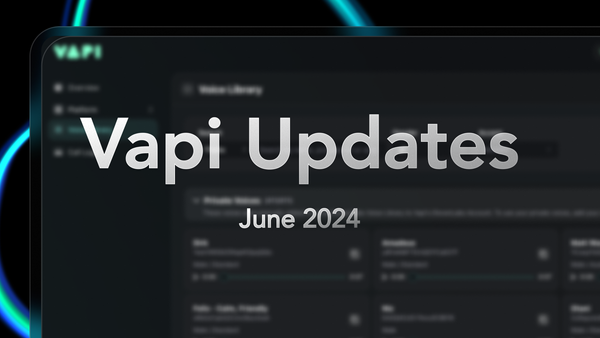Apple AI: Wording and Watches

Yesterday, Tim Cook made a new statement regarding AI at Apple’s annual shareholder meeting. Since it came out after I posted yesterday’s blog post, I wanted to address a couple of new implications around Apple’s AI efforts.
Changing Up the Language
Something interesting was Cook’s use of the term “AI”, as opposed to “machine learning”; ML being what Apple has traditionally used in the past. The thinking was that Apple wanted to avoid going into details about specific models or training data. Rather, they’d refer to machine learning, or just speak to product features.
I suspect this language shift is another indication that Apple is feeling the need to catch up with competitors like OpenAI and Google in the GenAI space. At this point, AI is what resonates with both consumers and the academy–at least in the context of GenAI.
I was taught that ML is a subset of the broader category of AI, though I’m not sure if that’s still the shared understanding. In any event, I think it resonates with most of us when ML is used in reference to a system learning and improving over time based on data analyzed by an algorithm, i.e., data input and model output. Though I think it can sometimes be confusing; for example, the fact that natural language processing is not considered a type of machine learning, though it does fall under the umbrella of AI alongside machine learning.
However, I think my main point would be, both in regards to Tim Cook’s wording and my own tortured etymological analysis, that this is a marketing and product issue based on what consumers want and/or expect to hear; in my experience, engineers and devs tend to intuitively know what’s being referred to.

Don’t Sleep on the Apple Watch
Cook made a direct reference yesterday to the fact that several products are “AI-powered”; a reference to the fact that Apple has been in the AI game for years. He mentioned the Vision Pro, which we touched on yesterday, and the Apple Watch. I own one myself (though in practice I only rock a Casio G-Shock), but I wasn’t aware of these capabilities. To quote Cook, and give us additional insight into Apple’s productization strategy:
“AI is woven into our users’ lives for all sorts of tasks, from the everyday to the essential. AI allows Apple Watch to help you track your workouts, automatically detecting whether you’re taking a walk or going for a swim. It enables your iPhone to call for help if you’re in a car accident.”
After reading up on it a bit, it turns out that Apple uses data taken from its various sensors to provide a better and more personalized experience. It also learns from the user’s daily routine, e.g., wake up, go to sleep, take breaks. This enables relevant reminders and suggestions. These are standard AI/ML applications, but what struck me is that the watch has more or less already been doing what several FitTech startups are now bringing to market.
Which, to me at least, raises an interesting question: has Apple been caught flat-footed on productizing and marketing these types of features?





